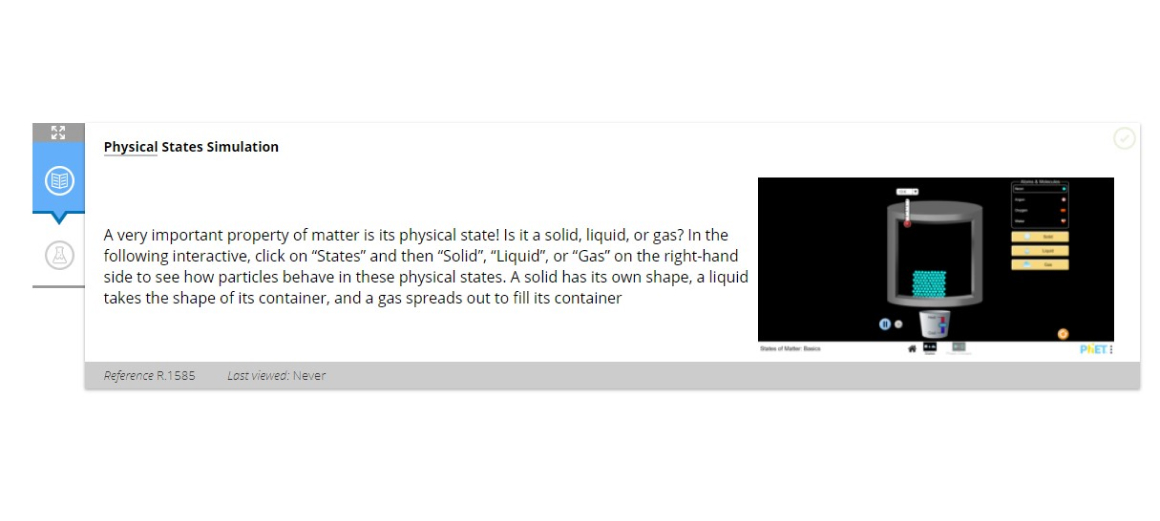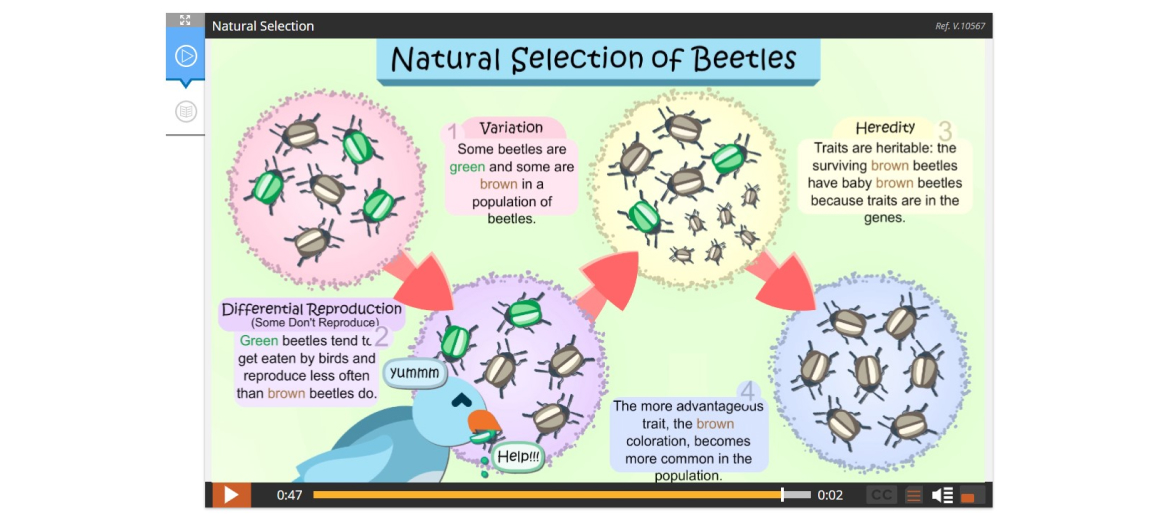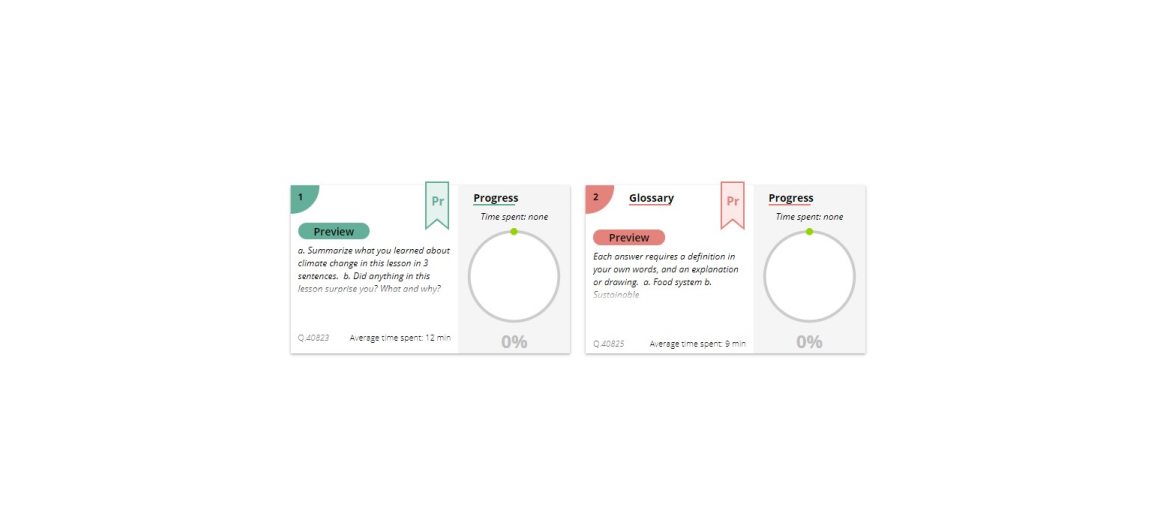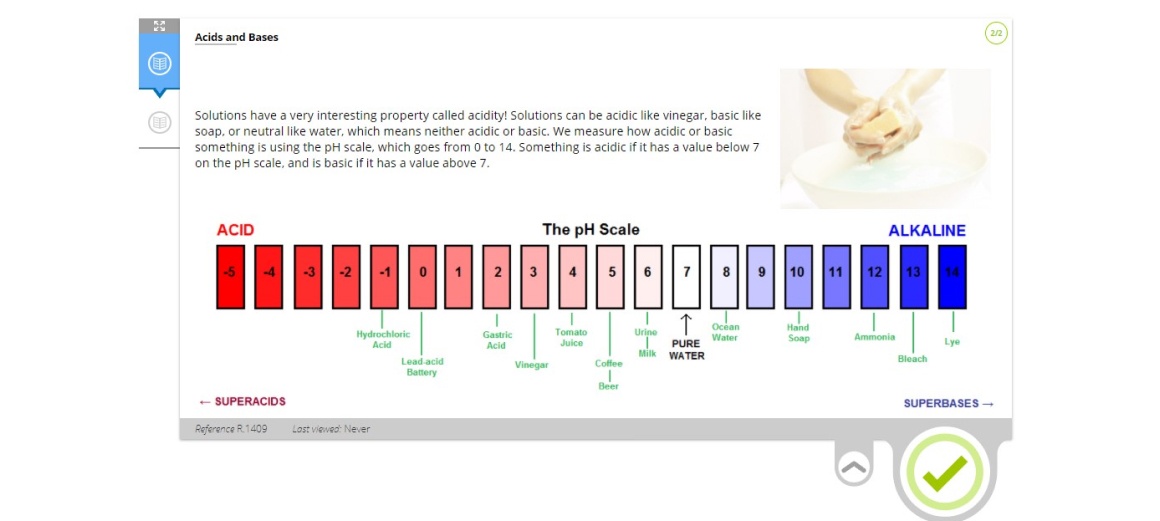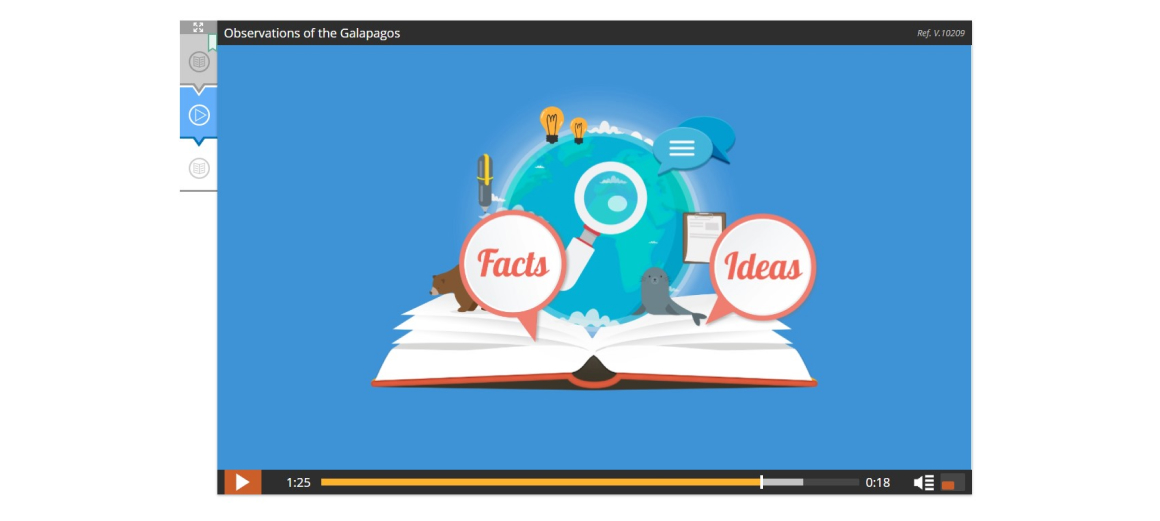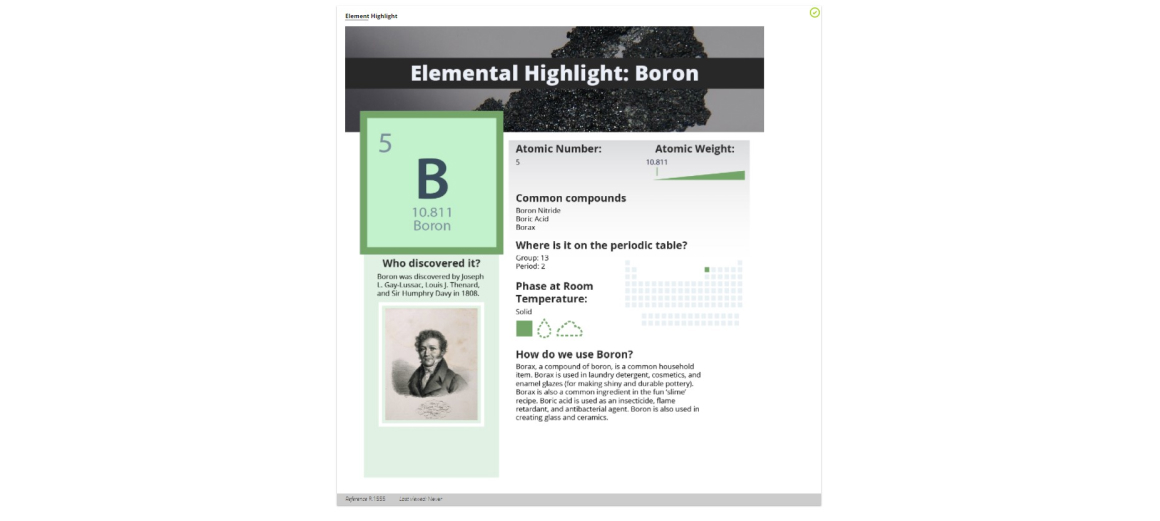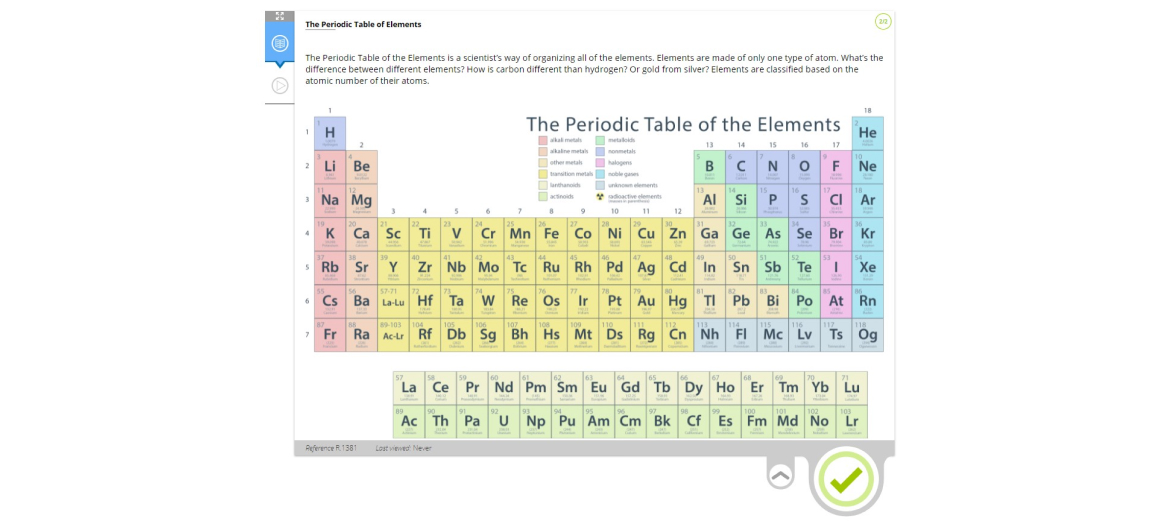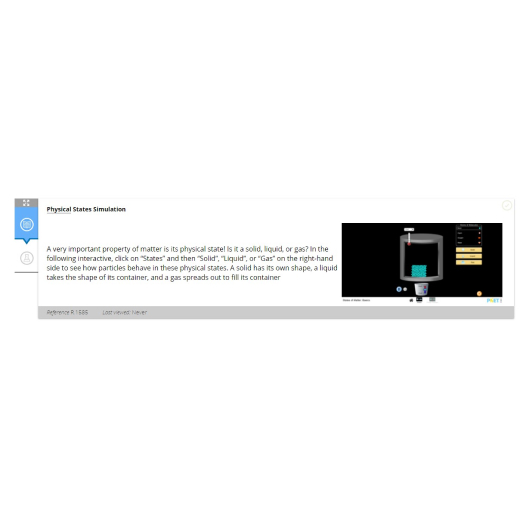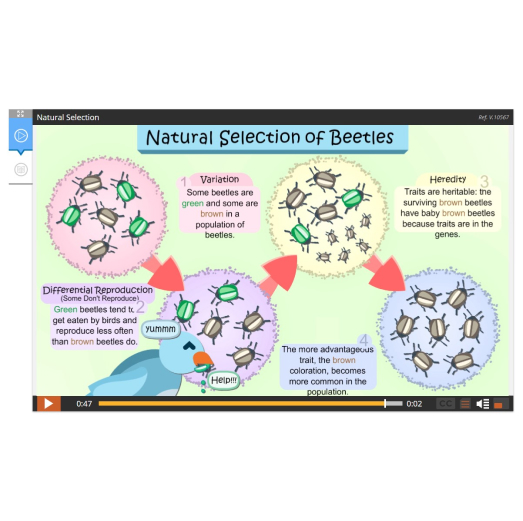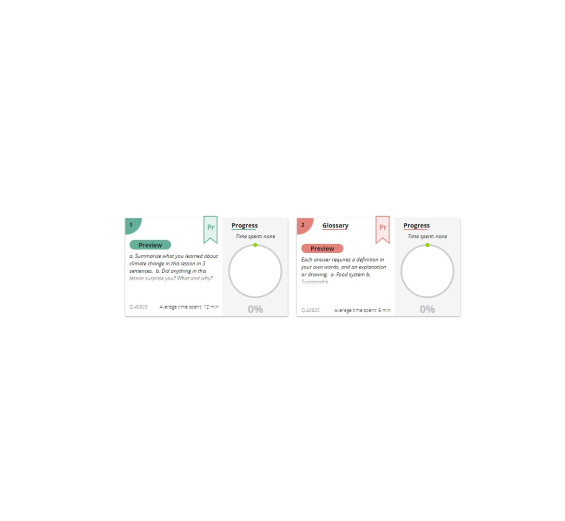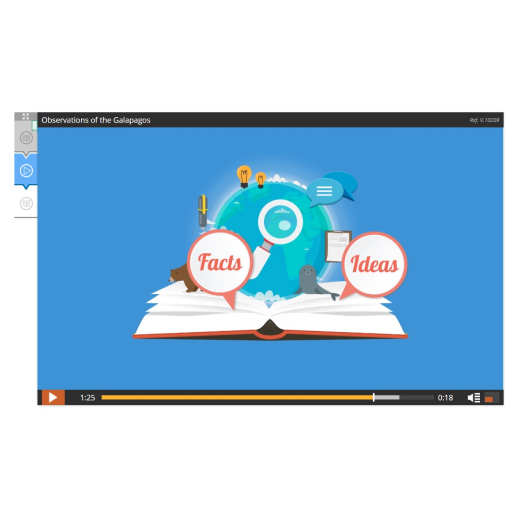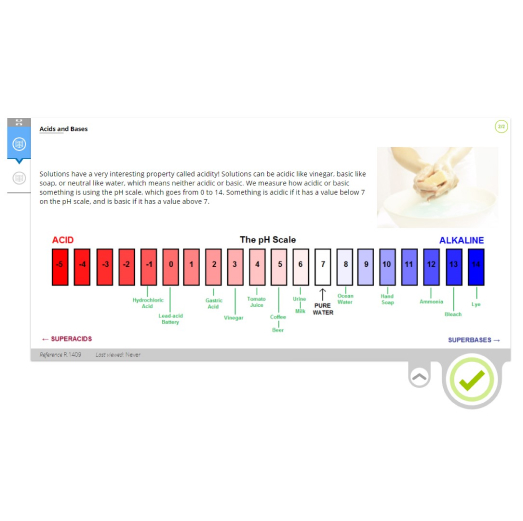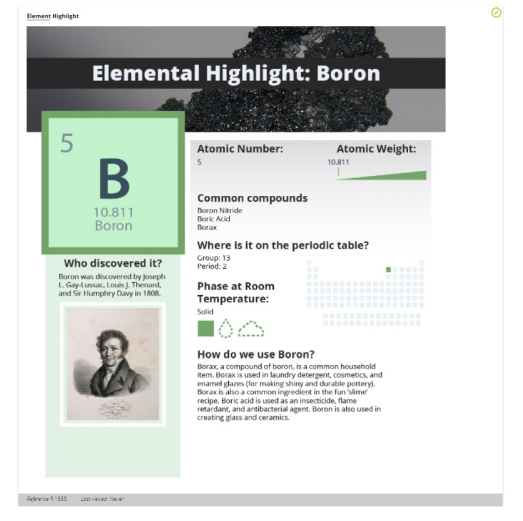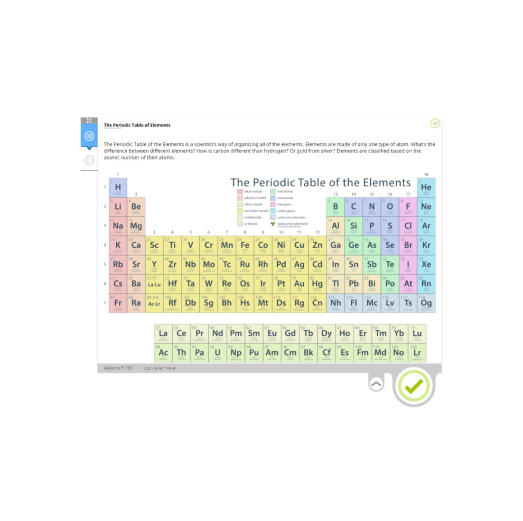Science 7
Earth Science: Climate change – a controversial topic and one that affects everyone. But does it affect everyone the same? What are the injustices that present themselves in the discussion around the topic of environmental change? Students will engage with the topics and decide for themselves which side of the fence they represent and do so by creating a collection of political artwork along with other activities throughout the module.
Biology: Become an explorer and board the HMS Beagle for a tour of the Galapagos Islands! As students embark they will learn how to prepare for such a journey, and then begin their tour of the incredible islands. While there they’ll learn scientific art and become one with the birds to discover how they’ve adapted to their surroundings and why these adaptations have occurred. Then students will take their knowledge and apply it to the creation of their own island with different plants and species.
Chemistry: Learn about the basic building blocks of our universe – the Atom! We will also see how atoms relate to elements and compounds and we will explore the Periodic Table, an icon in the world of chemistry.
Physics: Dive into the world of engineering as students explore how to help the town of Heritage Valley as they need a different green energy source! Students will create a tool to test three different sources of power and come to a conclusion of which one they feel is suitable for their needs. They’ll have to take into consideration how electricity works, the pros and cons to the different sources of energy and overall cost of the building project! Hurry now, the town needs your help!
Table of Contents
Lesson 2: The Periodic Table
Lesson 3: Properties of Matter
Lesson 4: Pure Substances
Lesson 5: Compounds
Lesson 6: More Compounds
Lesson 7: Crystals
Lesson 8: Mixtures
Lesson 9: Solutions
Lesson 10: Safety in the Lab
Lesson 11: Physical Changes
Lesson 12: Physical Changes Lab
Lesson 13: Chemical Changes
Lesson 14: Chemical Changes Lab
Lesson 15: Create Rust
Lesson 16: Chemical Reactions
Lesson 17: Conclusion and Review
Project: Glossary
Lesson 2: Lamarck’s Theory
Lesson 3: Introduction to Galapagos
Lesson 4: Genovesa Island
Lesson 5: Evaluating Lab Procedure
Lesson 6: Floreana Island
Lesson 7: Knowing Place
Lesson 8: Isabela Island
Lesson 9: Comparing, Adaptation, Genetic Variation
Lesson 10: Natural Selection, Evolution
Lesson 11: Biodiversity
Lesson 12: New Island 1: Quadrat Sampling
Lesson 13: New Island 2: Species Design
Lesson 14: New Island 3: Plant Adaptations
Lesson 15: Genetics
Lesson 16: Impact
Project: Journey on the HMS Beagle
Lesson 2: Physical Data
Lesson 3: First Peoples and Biodiversity
Lesson 4: Introduction to Climate Justice Lesson 5: Climate Justice in British Columbia
Lesson 6: The Food System
Lesson 7: Transportation
Lesson 8: Transportation Transformation
Lesson 9: Your Trash
Lesson 10: Trash Redesign
Lesson 11: Fracking
Lesson 12: Town Hall Simulation
Lesson 13: The Green Industrial Revolution
Lesson 14: The Future
Lesson 15: Plants and Animals
Lesson 16: The Bigger Picture: Creating Change
Project: Climate Change
Lesson 2: A Brief History of Lighting and Heating
Lesson 3: Electricity into Magnetic Force
Lesson 4: Build an Electromagnet
Lesson 5: Electric Motors
Lesson 6: Electric Generators
Lesson 7: Transforming Energy into Electricity
Lesson 8: Generating Electricity on a Large Scale
Lesson 9: Pros and Cons
Lesson 10: James Bay Project
Lesson 11: Unit Project Introduction
Lesson 12: Hydropower
Lesson 13: Wind Power
Lesson 14: Steam Power
Lesson 15: Compiling your Report
Lesson 16: Civil Engineer’s Report
Lesson 17: Review Your Report
Project: Heritage Valley
Experience a lesson as your students would
Course Features
- Students will learn about physical changes by making their own rock candy and slime
- By virtually visiting the Galapagos islands, students will play the role of a biologist studying evolution
- Students will research climate change and how they personally affect it
- Students will study how electricity works by building their own electromagnet
